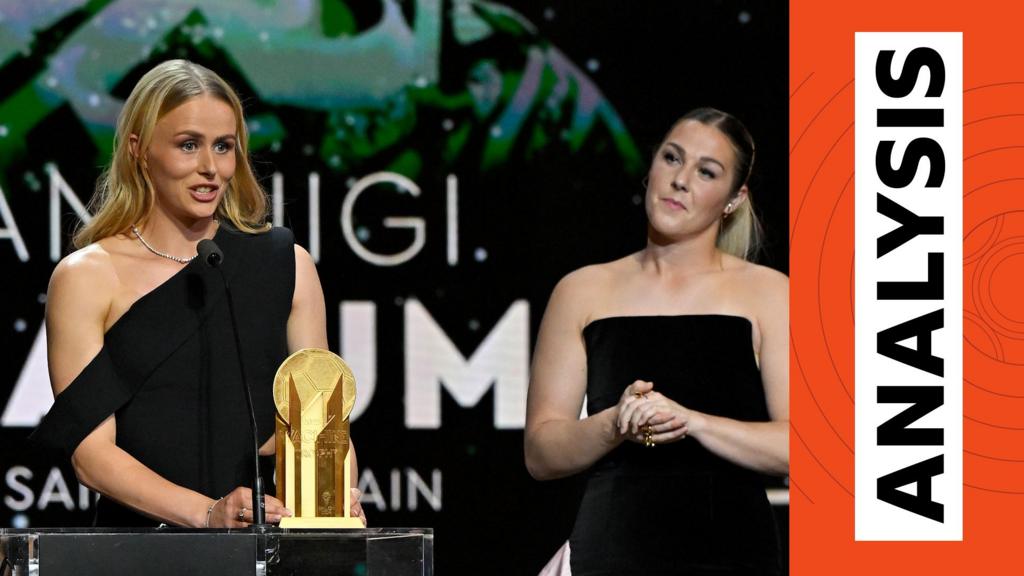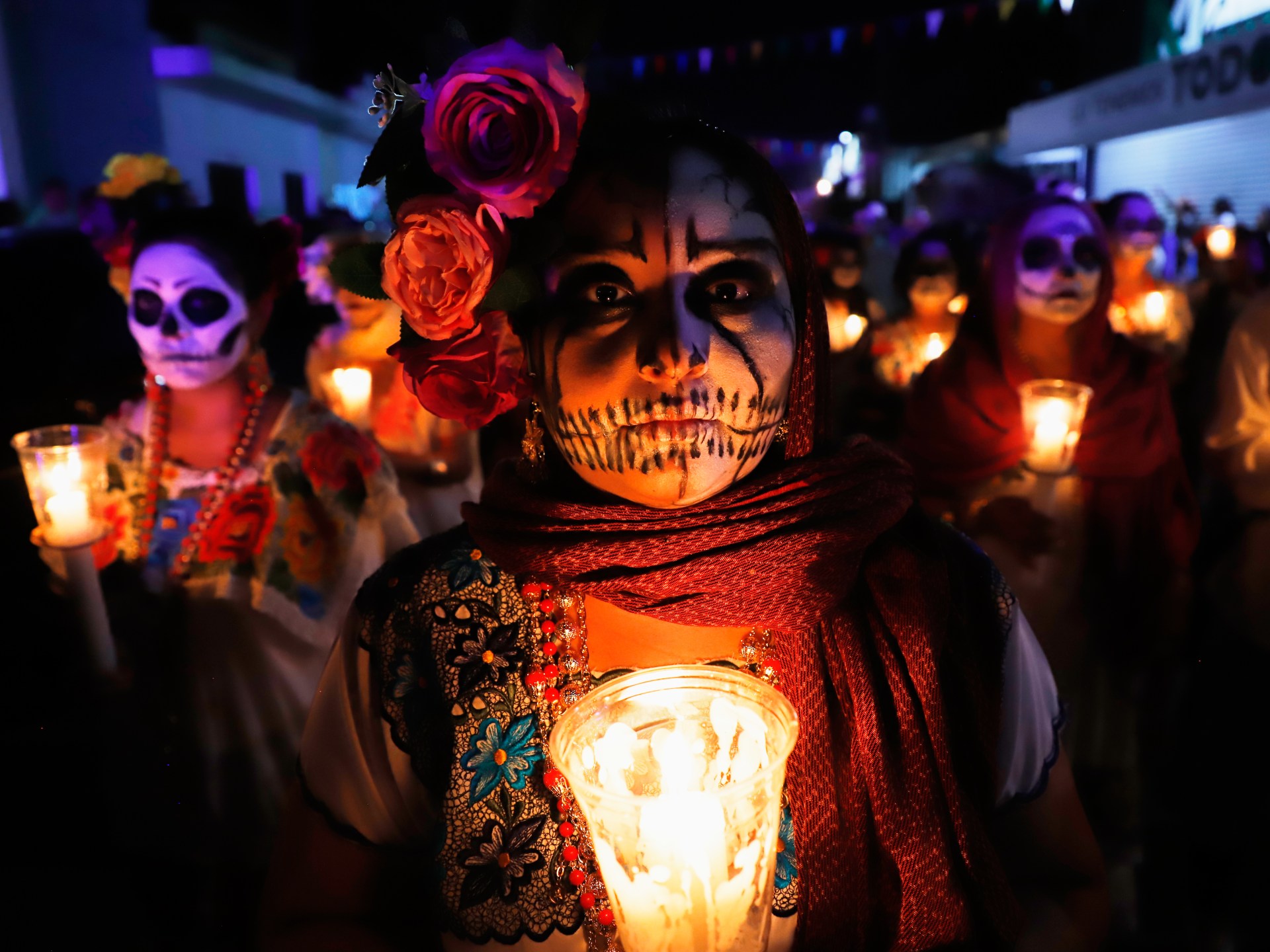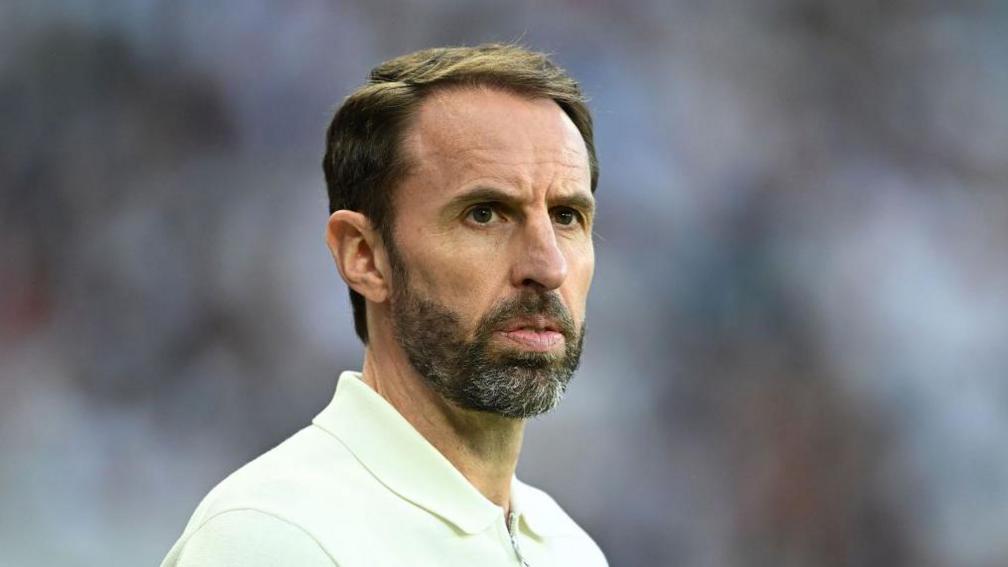Former England manager Sir Gareth Southgate says he is “worried about unity” amid a debate about flying the St George’s flag.
A growing number of St George’s and union jack flags have appeared across England in recent months.
While some people feel the flag-raising is patriotic, others feel it is intimidating.
Southgate, who spent eight years in charge of the Three Lions, stepped down as manager following a Euro 2024 final defeat by Spain.
Though he failed to win silverware with England, he is widely recognised for uniting the country in support of the national side and has now written a book called Dear England: Lessons in Leadership.
On Monday, BBC Breakfast presenter Jon Kay asked Southgate for his opinion on the flags debate, saying: “Some people are proud of them. Some people are questioning the use of them in certain circumstances. What do you think of that flags debate in the context of what you think about patriotism?”
Southgate replied: “I worry about unity. I’ve seen what we did with the team [England] to unify every community.





